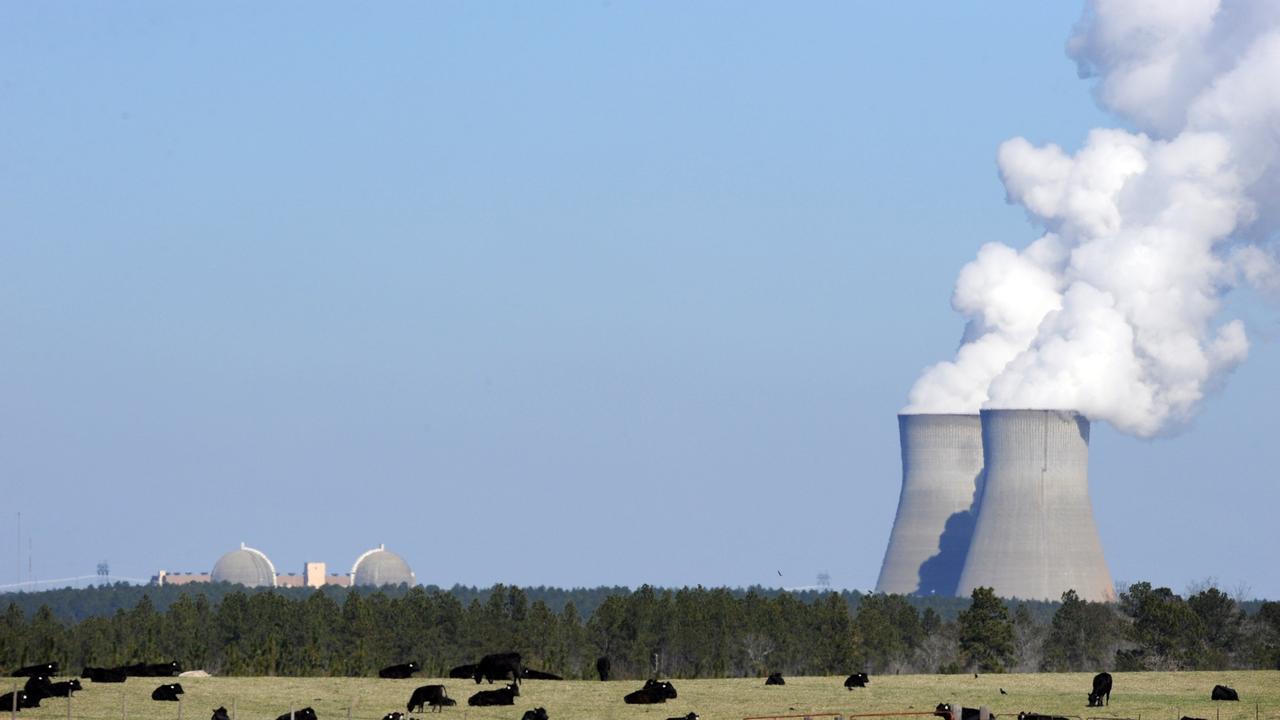Meat’s carbon neutral goal looks possible as science steps up
Livestock producers and meat processors should have the tools to help the industry meet climate goals, according to a university professor.

This story is free to read, but there has never been a more important time to stay connected to the news. A digital subscription to The Weekly Times will bring you the rural and agricultural news from as little as $3 a week*.
The Australian livestock industry’s ability to meet its ambitious carbon neutral by 2030 goal is looking more possible thanks to a recent government injection of research funding and a growing recognition that supply chains, not public policy, will drive changes on-farm.
This, according to a leading academic, University of Melbourne’s professor of sustainable agriculture Richard Eckard.
The Australian red meat industry’s CN30 aspiration, outlines that by investing in R&D the sector will make no net release of greenhouse gas emissions by 2030.
Earlier this year Prof Eckard warned the nation’s research efforts into reducing emissions from its export-focused livestock industries were “hopelessly inadequate” and risked leaving extensive grazing producers without tools they would need to meet future customer demands.
But Prof Eckard this week said the federal government had recently made “encouraging moves” by committing greater scientific funding towards solving climate challenges which he believed could be answered through research.
A $6 million grants program, which closed this week, will see grants allocated to help the livestock industry assess the commercial attributes of new livestock feed technologies designed o curb emissions.
Professor Eckard said this program and another, expected to be announced later in the year with a focus on extensive grazing systems, represented a “real turnaround at the federal government level”, and recognition that supply chains would demand producer suppliers met climate targets.
Earlier this year the world’s largest animal protein producer, JBS, committed to achieving net-zero GHG emissions by 2040.
And this week Australia’s key competitor, the US cattle industry, has also pledged to be “climate neutral” also by 2040.
This government investment, and the ongoing work by MLA and broader industry, were positive signs the required effort was underway to find viable commercial solutions to help producers and processors reduce emissions.
His comments come as the recently released latest report from the Intergovernmental Panel for Climate Change warns global temperatures were rising faster than expected.
While a “lively debate continued” and some in the Australian livestock sector would like to see a change in the way methane’s impact on global warming was measured, to reflect methane’s shorter lifespan as a warming GHG, Prof Eckard warned “changing the metrics won’t lead to better policy outcomes”.
Instead, he said, industry was better off focusing on achievable scientific solutions to reduce methane outputs from livestock.
Energy Minister Angus Taylor has said there was evidence new feed technologies could cut emissions, but more work was “needed to quantify those benefits”.
MORE



